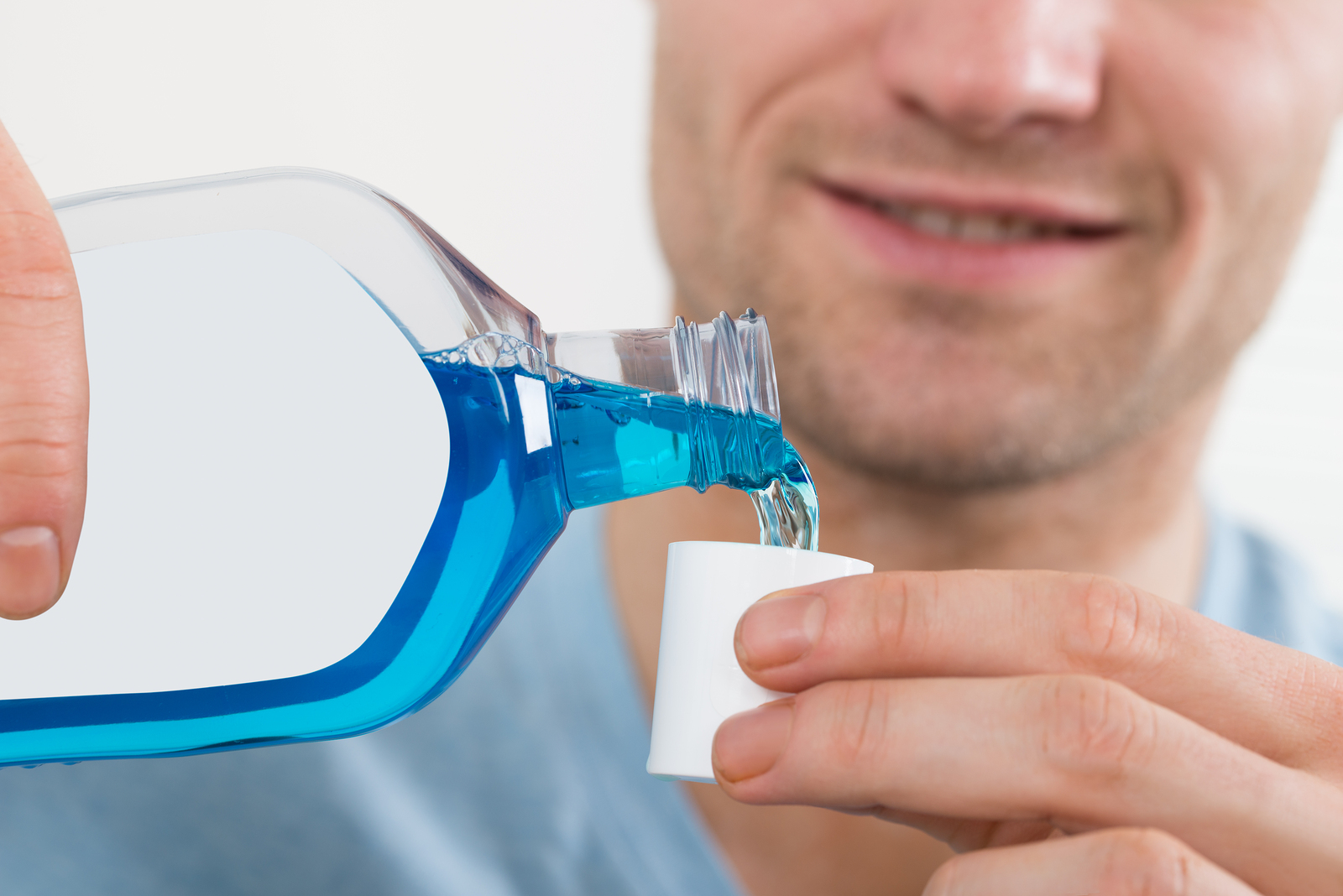So, you’re expecting a baby. Congratulations!
Life is exciting, your body is changing on a daily basis, and there is a lot to think about and plan for.
Pregnancy has a major impact on every aspect of your health, including your oral health. At Vivid Dental, we get many questions from mothers-to-be about the effect of pregnancy on your oral health (and that of your growing baby), and how to maintain optimum oral health during pregnancy.
Are there any common oral health problems I’m likely to experience during my pregnancy?
Pregnancy gingivitis is the most common oral health problem experienced during pregnancy. Symptoms include red, inflamed and bleeding gums.
Pregnancy gingivitis is caused by a buildup of tartar and plaque, and occurs more frequently during pregnancy because the increased level of hormones exaggerates the way gums react to the irritants in plaque. However, plaque — not hormones — is the main cause of gingivitis.
Maintaining a regular teeth-cleaning regimen during pregnancy is very important to keep teeth and gums clean, and prevent pregnancy gingivitis. However many pregnant women experience increased gag reflex sensitivity and morning sickness, and this combination often makes pregnant women stop brushing their teeth, resulting in pregnancy gingivitis. If you experience vomiting or reflux sensitivity, try brushing your teeth at a different time of day or switch to a milder toothpaste flavour.
Pregnancy gingivitis is most common between the second and eighth months of pregnancy, and often goes away after childbirth.
What can I do to prevent morning sickness from affecting my oral health?
Repeated vomiting and reflux can cause serious damage to your teeth. Exposure to stomach acid dissolves tooth enamel, weakening your teeth’s defense against decay.
If you suffer from morning sickness, talk to your dentist about ways to reduce the harm, such as rinsing with water or baking soda immediately.
Wait at least 30 minutes before brushing after morning sickness to ensure you don’t further erode the tooth enamel. Instead, rinse your mouth then smear some mild toothpaste over your teeth with your finger
How does my oral health affect my baby’s health?
There is growing evidence to suggest that pregnant women with moderate to severe gum disease may be at higher risk for delivering a pre-term, underweight baby. More research is needed to confirm how gum disease affects pregnancy outcomes. However initial research indicates that gum disease triggers increased levels of biological fluids that induce labor. Data also suggests that when gum disease worsens during pregnancy, there’s a higher risk of having a premature baby.
What Can I Do to Ensure I Have a Healthy Pregnancy?
Women considering pregnancy should visit the dentist for a checkup and treat any oral problems before becoming pregnant.
Whilst pregnant, eat a nutritious, calcium-rich diet to provide your growing baby with the calcium they need for strong bones and teeth, and to maintain your calcium levels. Cheese, yoghurt, sardines, almonds and leafy green vegetables such as kale and broccoli are good sources of calcium. It’s also important to drink plenty of water and calcium-rich dairy or non-dairy alternatives, and to limit sugar in food and drinks.
During your pregnancy, maintain regular brushing and flossing, and visit your dentist regularly to help reduce dental problems that accompany pregnancy.
What Can I Expect When I Visit My Dentist During My Pregnancy?
First, be sure to let your dentist know you’re pregnant when you schedule your appointment.
Ideally, schedule your pregnancy dental visit in the second trimester of your pregnancy. The first three months of pregnancy are thought to be of greatest importance in your child’s development, and some treatments, such as X-rays, dental anesthetics, pain medications and antibiotics (especially tetracycline) are not prescribed during the first trimester of pregnancy unless absolutely necessary.
During the last trimester of pregnancy, sitting for long periods of time in the dental chair can become uncomfortable, and stresses associated with dental visits can increase the incidence of pre-natal complications.
Whilst you may be more prone to gagging at any time during your pregnancy, your dentist will be prepared for this situation.
If you need to schedule an emergency visit, let the office know about your pregnancy before you arrive. Discuss any stresses, past miscarriages and drugs you are taking as these can all have an influence on how your dentist attends your needs.
Your dentist may also want to consult with your doctor before any treatment is started. If you have any doubts or concerns, ask your dentist and doctor to discuss your particular needs and any treatment required. If your dentist prescribes medication, including aspirin, do not exceed the prescribed dosage.
Your pregnancy is an exciting time, so maintain your general health and oral health to ensure you enjoy this special time. read more









